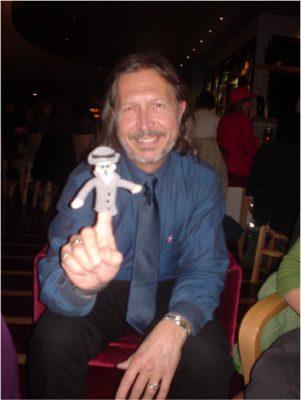
John Paul Riquelme, a long-time Boston University English professor and renowned literary scholar and editor, died March 2nd at the age of 76.
Following his untimely death, fellow faculty and department heads expressed their condolences in a March 2nd email to the English department community.
“Professor Riquelme was [a] wonderful colleague, committed scholar, and dedicated teacher and advisor,” the email, written by Stan Sclaroff, dean of Arts & Sciences, and Karl Kirchwey, associate dean of Faculty/Humanities, read.
“His courage and clear-eyed dedication to scholarship, art, and teaching were exemplary,” it continued, “He will be sorely missed.”
Riquelme started his career at BU in 1991. He taught courses on post-Romantic and Gothic literature, literary criticism and humanistic theory, on top of serving as chair on multiple committees in the English department, according to Anita Patterson, the department’s chair.
But Riquelme’s primary research focus was modernist literature. Among his most celebrated publications are his books From Teller and Tale in Joyce’s Fiction and Harmony of Dissonances: T.S. Eliot, Romanticism and Imagination.
Off-campus, Riquelme co-chaired the Modernism Seminar at Harvard College’s Mahindra Humanities Center.
In a tribute published on the Modernist Studies Association Facebook page, Joseph Valente, a professor of English and Disability Studies at the University at Buffalo, wrote that Riquelme played an integral role in the modernist community.
“Since his untimely passing, I have heard from numerous people in our profession about the debt they owed to his engagement with their work, his counsel, his solicitude, his generosity, and, above all, his support,” Valente wrote.
Riquelme was also a “surpassingly fine and prolific” literary editor, Valente wrote, adding his editions of Dracula and Tess of the D’Urbervilles for the Bedford Critical Editions Series and A Portrait of the Artist as a Young Man for the Norton Critical Edition Series “set the standard by which all future editions of these novels will be measured.”
“They also served to bring together scholars of different generations, viewpoints, theoretical adherences and areas of expertise in a joint endeavor to illuminate each text and elaborate its context,” Valente wrote.
Ethan King, a doctoral candidate in the English department at the Graduate School of Arts and Sciences, said Riquelme was a mentor to him during his early years as a graduate student, even inviting him to co-teach some of his classes.
“His intellectual curiosity was infectious,” King said.
As his student and co-instructor, King said he witnessed Riquelme facilitate classes with a unique “care and respect” and went above and beyond for his students, offering “incredible amounts of feedback” on their writings.
“There’s a certain sense in which the classroom becomes this special community that you don’t always feel in other classrooms,” King said.
Riquelme received the Templeton Award for Excellence in Student Advising and Mentoring — CAS’s highest advising award — last year in recognition of his dedication to his students’ academic and personal development, Sclaroff wrote in an email.
“John Paul was department chair when I first came to Boston University, and helped my adjustment to campus life in innumerable ways,” Patterson wrote. “His superb scholarship in modernist studies is an inspiration to us all. I’m forever grateful for his wise counsel, generosity, and friendship.”
Joseph Rezek, an associate professor of English, lived on the same street as Riquelme and thought of him as a “friendly, welcoming neighbor and colleague.”
Riquelme, who used to bike to work, spent his spare time in his Brookline home tending to the lilac trees in his garden and sharing his wry sense of humor with his neighbors, Rezek said.
“I’ll miss him in the neighborhood, and I’ll miss him in the department,” he said.
Riquelme is survived by his wife, Marie-Anne Verougstraete, and his children, Ione Margot Bargy, Victor Wolfgang Riquelme and Louis Otto Riquelme.
A memorial service will be held March 20 at 2 p.m. The memorial will be broadcasted live for those who can not attend in person.
























































































































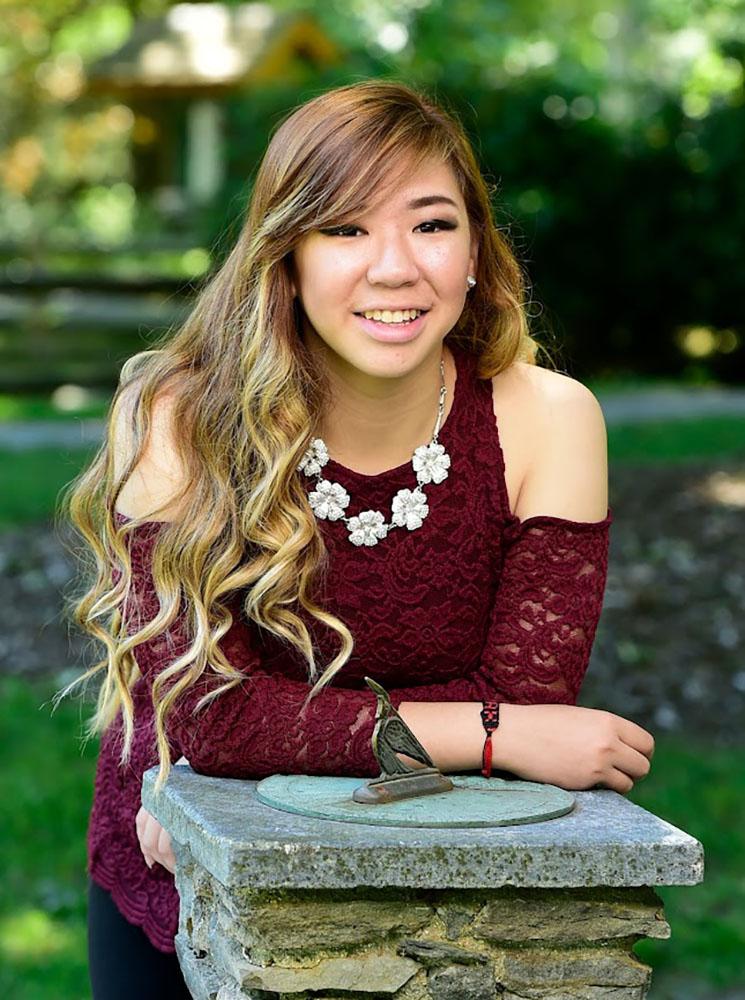
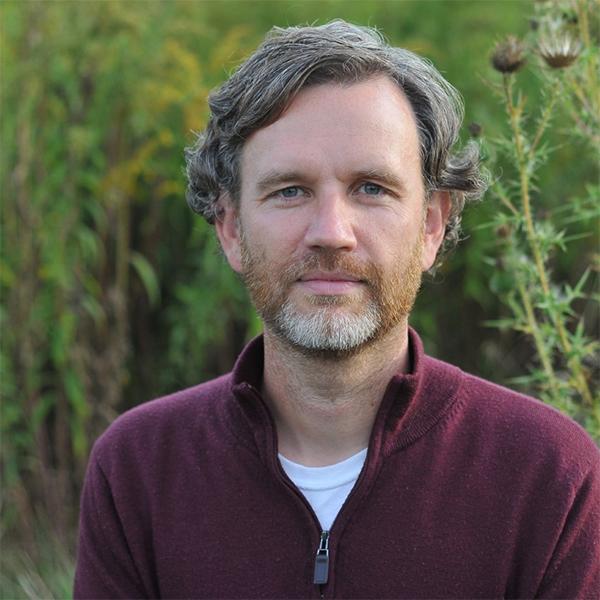

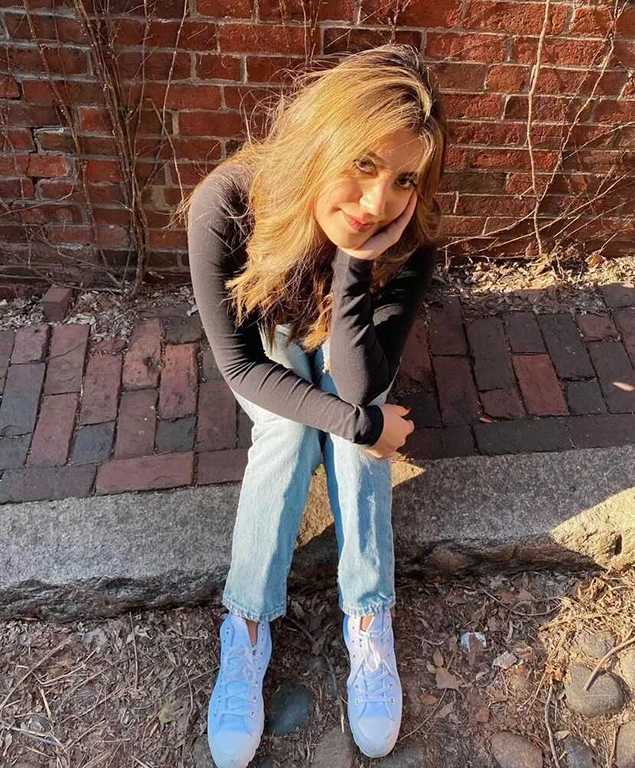
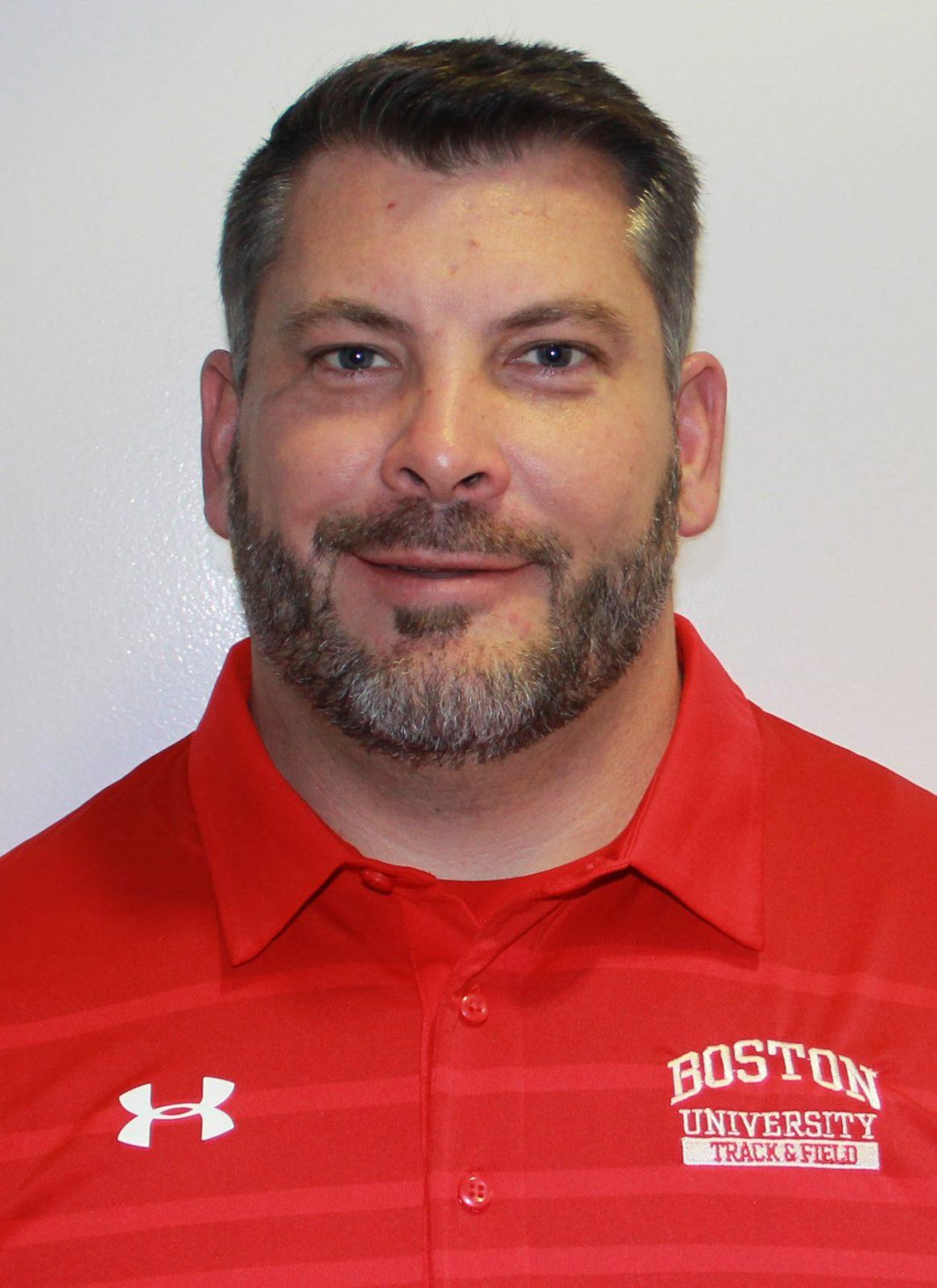
Sandy Tropp • Mar 19, 2022 at 10:00 am
From the moment I met John Paul in 1991 when he arrived at BU as chair of the department, I found him to be gracious, thoughtful, and eager to do the best job possible. His kindness extended to all those who worked in our department, no matter their status.
After I retired as an assistant professor, John Paul kept in touch, sending Christmas cards and postcards to me and after their retirement to Margaret, Harriet and and probably many others. He also emailed me about events Joycean, read over drafts of papers, encouraged me, and helped me a find a second life in Joycean academia. While he was doing all this and teaching and writing and editing and giving talks and traveling, he was also mentoring many others just like me whose stories I do not know. But I know that they all too will always be grateful for his considerate and wise advice.
Joe Rezek • Mar 18, 2022 at 12:29 pm
Thank you for this moving tribute